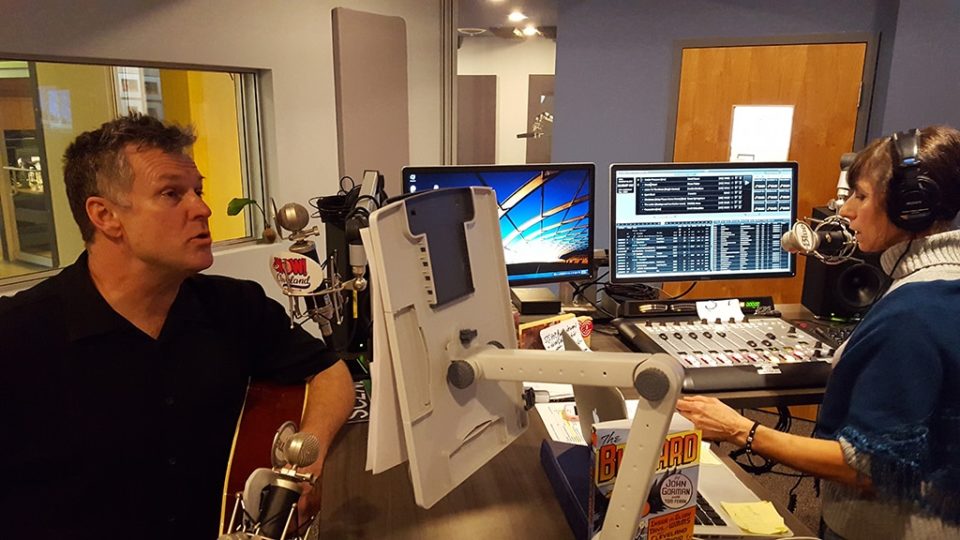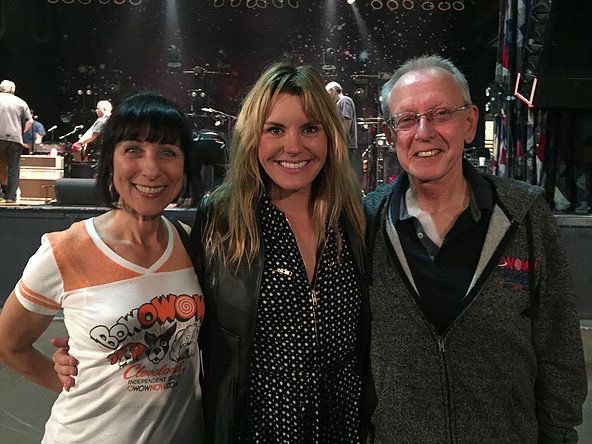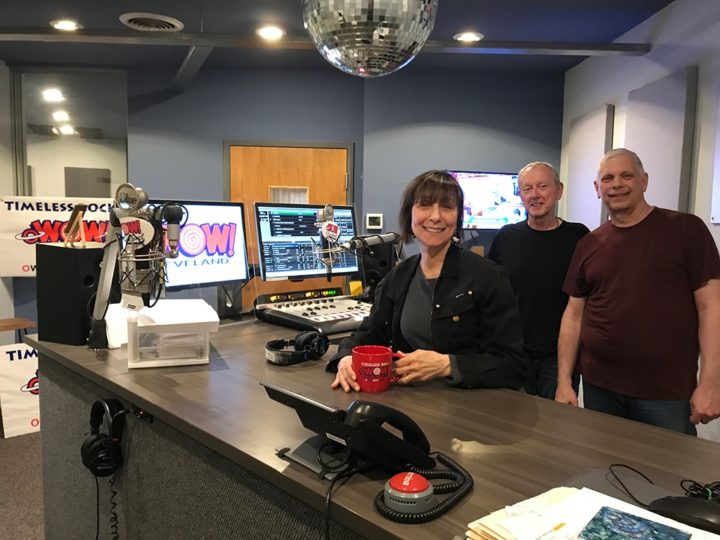Once the broadband revolution began in the early 2000s, the race was on for stations to have an online presence. For most, it was a means to extend their brand, reach new audiences and possibly offer alternative programming. For stations that began as stand-alone streaming operations, however, the online environment brings unique challenges and opportunities. It should come as no surprise that RCS GSelector and Zetta meet those challenges head on.

oWOW in Cleveland OH is one such online station. In these days of big media, oWOW is 100% locally owned, programmed and operated, serving northeast Ohio with an eclectic mix of music and localism.
Steve Pappas is oWOW’s operations manager, as well as the afternoon drive DJ. He elaborates on some of the programming elements of this online-only station: “We present ourselves differently than conventional stations. The format is very music-intensive with little talk. When we do talk, it’s about lifestyle and local events. Our goal is to superserve northeast Ohio. That includes the combined market of 17 counties in and surrounding Cleveland, Akron, Canton and Youngstown. While the majority of our listeners are here, we also reach Ohio expatriates worldwide, so we really have a global audience.”
Pappas describes the station’s format as “the sweet spot between classic rock and indie rock”, that means a combination of rock, progressive pop, folk, reggae, blues, alt-country, and singer-songwriter. “We play the hits as well as other album cuts,” he says, adding that the outcome is that listeners never know what they’re going to hear.
oWOW takes two breaks per hour, at 15 and 45. There are just three commercials per break, then right back to music with no jingles. “We’ve found that this is beneficial both to advertisers and listeners,” says Pappas.
A format that is this eclectic demands an expansive library. oWOW has over 6,000 songs, with 5,000 active at any given time. GSelector is used for the scheduling, and Pappas has found it easy to customize the program to fit oWOW’s unique needs.
“We go deep into artist separation,” he explains. “For example, 25% of our playlist is comprised of female artists, but we like to mix it up, and not play three in a row. We also play reggae, but use GSelector to sound code local reggae artists differently than national. Also, we code local artists who are ready to break out nationwide differently, so we’re not playing local back-to-back.”

GSelector is also used at oWOW for some of the more traditional artist separations, such as not playing a John Lennon and Beatles song back to back, or Bruce Springsteen followed by Bruce Springsteen and the E Street Band. GSelector always selects the best possible song for each position.
It also has the flexibility to accommodate all of oWOW’s unusual requirements. While many stations have different clocks for different dayparts, Pappas has also created seasonal clocks. With a library of over 6,000 songs, oWOW needs more music categories than most stations. GSelector lets you create as many as you need. Among the categories that Pappas has devised are Halloween, Christmas, Irish and summer. It also allows him to automatically adjust the library to achieve desired rotations without math or complex settings.
There are a number of countdown shows on oWOW, such as the Top 50 of 2017, and Pappas uses the analysis in GSelector to put those shows together, adding that it would be nearly impossible to do the same thing by hand. Analysis is also used to create the weekly ‘spin report’ of most played songs, which is posted on oWOW’s web site.
In addition to its regular fare of eclectic programming, oWOW has three special shows, Friday Night Live, Bluestime and Naked Brunch. The music for all these shows is scheduled on GSelector three to four weeks in advance. Most of the shows are voice-tracked, and personalities are able to get their shows done well ahead of time.
Zetta wasn’t the first choice for a playout system at oWOW, but it may be their last. Pappas explains, “Our original system couldn’t handle what we wanted to do with the format. Many of us working here were familiar with RCS Selector. So we decided to give GSelector and Zetta a try, and we never looked back. The two programs work together seamlessly. Any changes made in GSelector are instantly reflected in Zetta.”
Software is only as good as its tech support, and Pappas gives RCS high marks for the help available. “We always try and figure out problems on our own first, but when we can’t, the support we’ve received from RCS for both GSelector and Zetta has been thorough, knowledgeable and professional. When they’ve had to do research on a question, they always call back and make sure that we understand the answer.”

Pappas concludes. “GSelector and Zetta have been able to handle everything we’ve thrown at it.”